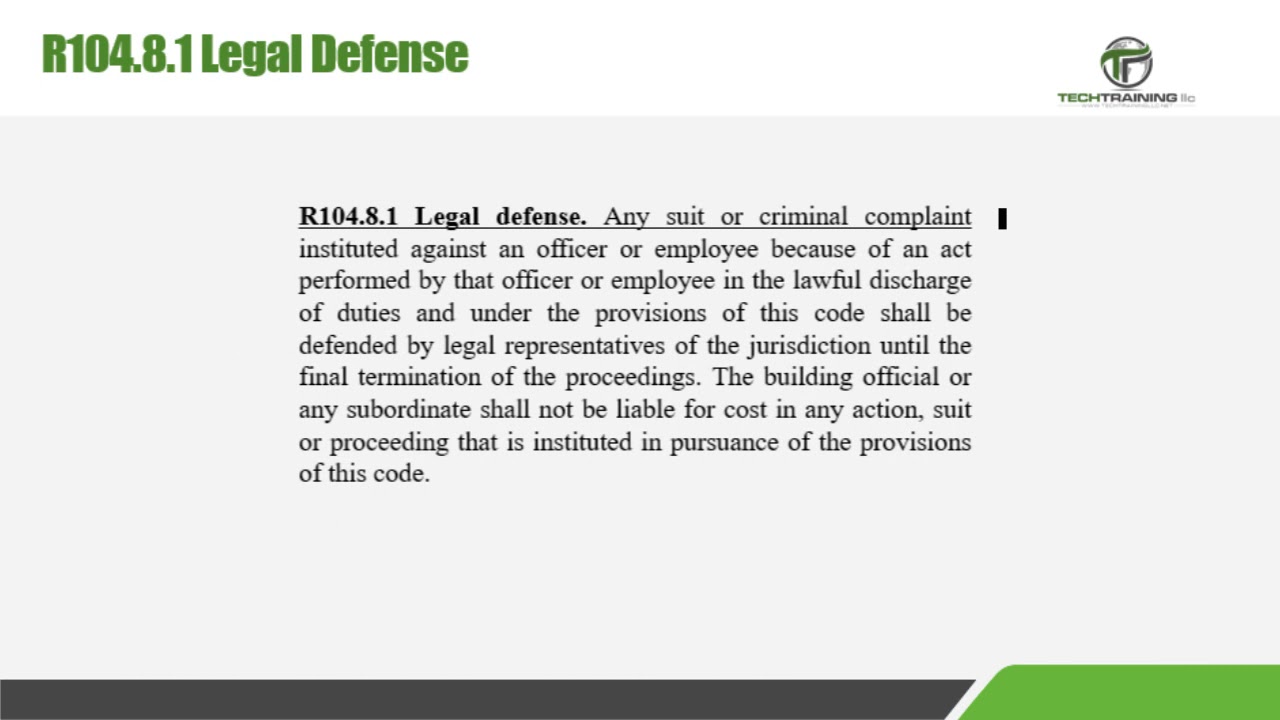Introduction to the CBCAP Program in Rhode Island
The Child Abuse Prevention and Treatment Act (CAPTA) was established in 1974 to provide federal funding for child abuse prevention programs across the United States. The Community-Based Child Abuse Prevention (CBCAP) program is a key component of CAPTA and aims to support community efforts to prevent child abuse and neglect. In Rhode Island, the CBCAP program plays a crucial role in safeguarding the well-being of children and promoting healthy family relationships.
Understanding the Purpose of CBCAP Programs
The primary purpose of CBCAP programs is to strengthen and support families, prevent child abuse and neglect, and enhance child well-being. These programs aim to empower parents and caregivers with the necessary knowledge, skills, and resources to build nurturing and protective environments for children. By offering a range of services and interventions, CBCAP programs promote positive parenting practices, improve family dynamics, and ultimately reduce instances of child abuse and neglect.
Overview of Child Abuse Prevention in Rhode Island
Rhode Island recognizes the importance of child abuse prevention and has taken significant steps to address this critical issue. The state’s Department of Children, Youth, and Families (DCYF) works closely with community-based organizations to implement prevention programs and services. These initiatives are designed to educate families, raise awareness, and provide support to individuals at risk of child abuse or neglect.
Is CBCAP Program Available in Rhode Island?
Yes, the CBCAP program is available in Rhode Island. The state receives federal funding through CAPTA to support community-based prevention efforts. The Rhode Island Department of Health (RIDOH) collaborates with local agencies, non-profit organizations, and community partners to implement the CBCAP program and ensure its effectiveness in preventing child maltreatment.
Importance of CBCAP Program in Preventing Child Abuse
The CBCAP program plays a vital role in preventing child abuse by equipping parents and caregivers with the necessary tools and resources to create safe and nurturing environments for children. It focuses on early intervention and prevention strategies to address risk factors and strengthen protective factors. By providing support and education, the CBCAP program helps families build resilience, improve parenting skills, and reduce the likelihood of child abuse and neglect.
Funding and Support for CBCAP Program in Rhode Island
The CBCAP program in Rhode Island receives federal funding through CAPTA, which is administered by the U.S. Department of Health and Human Services (HHS). In addition to federal support, Rhode Island also allocates state funding to supplement the CBCAP program’s initiatives. This financial assistance enables the program to provide a comprehensive range of services and interventions to families in need.
How to Access the CBCAP Program in Rhode Island
Rhode Island residents can access the CBCAP program through various community-based organizations and agencies that receive funding under the program. These organizations offer a wide array of services, including parenting education, home visiting programs, support groups, counseling, and crisis intervention. Interested individuals can contact the RIDOH or the DCYF for more information on how to access the CBCAP program in their area.
Services Offered by CBCAP Program in Rhode Island
The CBCAP program in Rhode Island provides a range of services tailored to meet the specific needs of families and communities. These services include parent education classes, home visiting programs, counseling services, mental health support, crisis intervention, and respite care. Additionally, the program coordinates with other community resources to ensure families receive comprehensive support and access to necessary services.
Eligibility Criteria for the CBCAP Program in Rhode Island
The CBCAP program in Rhode Island is available to all families and caregivers who may benefit from its services. There are no specific income requirements or eligibility criteria for participation. The program aims to reach families at risk of child abuse and neglect, as well as those who may face challenges in providing a safe and nurturing environment for their children.
Success Stories of the CBCAP Program in Rhode Island
The CBCAP program in Rhode Island has had a significant positive impact on the lives of many children and families. Numerous success stories highlight the program’s effectiveness in preventing child abuse and promoting healthy family dynamics. These stories showcase the transformation of families who have received support and guidance through the program, resulting in improved parenting skills, increased resilience, and enhanced overall well-being.
Challenges and Future of CBCAP Program in Rhode Island
While the CBCAP program in Rhode Island has made considerable progress in preventing child abuse, it still faces challenges. Limited funding, high demand for services, and the need for ongoing community engagement are some of the challenges that need to be addressed. However, with continuous support from federal and state agencies, community collaboration, and ongoing evaluation and improvement, the CBCAP program in Rhode Island can build upon its successes and pave the way for a brighter future for the state’s children.
Conclusion: Impact of CBCAP Program on Rhode Island’s Children
The CBCAP program in Rhode Island plays a vital role in preventing child abuse and neglect by providing essential support and resources to families. Through its diverse range of services, the program empowers parents and caregivers, strengthens family relationships, and creates safe and nurturing environments for children to thrive. With the continued commitment of federal and state agencies, community partners, and the dedication of professionals involved, the CBCAP program in Rhode Island will continue to make a profound and lasting impact on the lives of children, ensuring a brighter future for the state.





